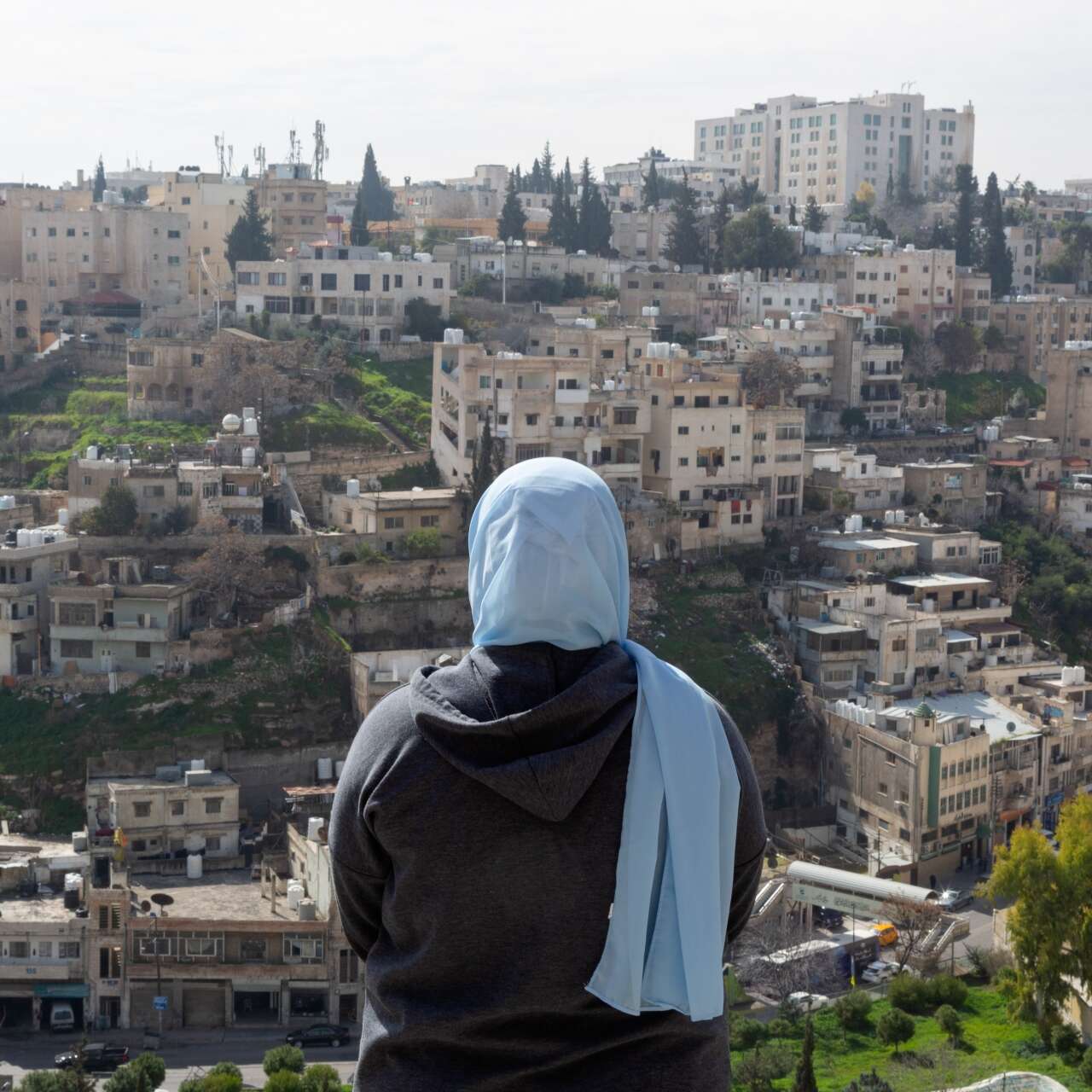
3 businesses that empower refugee success
The IRC and our corporate partners are helping refugees and vulnerable groups gain independence, build businesses and contribute to their new communities.

The IRC and our corporate partners are helping refugees and vulnerable groups gain independence, build businesses and contribute to their new communities.
Refugees fleeing war, persecution and violence arrive in new communities determined to rebuild their lives. However, navigating unfamiliar financial systems—opening bank accounts, securing loans and building credit—poses significant challenges.
When refugees succeed, entire communities benefit. Their contributions drive economic growth, create jobs and revitalize industries. But to fully participate in their new economies, refugees need the right tools and resources.
With support from the private sector, the International Rescue Committee (IRC) provides refugees and vulnerable groups with financial education, entrepreneurship support and access to financial services, helping them contribute to, and thrive in their new communities.
Refugees bring resilience, skills and innovation, strengthening local economies and communities. Refugee resettlement is a public-private partnership that has bolstered America’s safety, strength and prosperity—decades of research show that refugees also make significant economic contributions. Many groundbreaking innovations, businesses and industries have been shaped by the ingenuity and hard work of refugees.
Studies have shown that refugees contribute significantly to their host countries through taxes, consumer spending and high rates of entrepreneurship. For example, a 2024 study found that refugees and asylees generated a net fiscal benefit of $123.8 billion between 2005 and 2019.
These benefits depend on refugees having access to financial knowledge, banking systems and employment opportunities. Here are three corporate partnerships that make this possible:
Since 2017, support from the Citi Foundation has enabled the IRC to help young people in seven countries as they rebuild their lives through Resilient Futures. This initiative leverages the high rates of entrepreneurship among refugees by providing participants with mentoring and training initiatives that equip them with the knowledge to navigate their local markets.
Participants with promising business ideas receive grants to help cover their start-up costs, enabling them to gain financial independence while contributing to their community. By fostering innovation and self-sufficiency, Resilient Futures creates lasting economic opportunities for refugees and the communities they now call home.

LinkedIn has supported the IRC’s economic empowerment efforts for over a decade, helping refugees and other at-risk individuals gain the skills and tools necessary for financial independence. In 2024, we expanded our partnership to Mexico City.
In Mexico, we provide personalized services to our clients, equipping them with employability training, financial inclusion resources, digital skills, cultural orientation and language support. Additionally, participants receive assistance in creating LinkedIn profiles and navigating the formal job market, significantly improving their employment prospects.
Below, Gerzon—a talented digital marketer and designer—builds his LinkedIn profile, which you can find here.

Most financial resources in the U.S. assume people have prior knowledge of American banking and credit systems and an understanding of the English language. When they first arrive, some refugees have neither. Launched in 2022 and currently supported by Cisco, the IRC’s Supporting Access to Financial Empowerment (SAFE) Initiative has reached over 10,000 people with accessible, digital financial literacy training that is made available in a number of languages to support refugees from different backgrounds.
The SAFE website offers a range of financial education resources designed to support refugees in building financial stability. It features multilingual videos covering various financial topics, live workshops conducted in multiple languages, and personalized one-on-one financial coaching. Additionally, participants can access low and 0% interest loans, helping them establish credit and improve their overall financial well-being.
“Through SAFE, I was connected with a financial coach who helped me navigate the process of securing a car loan, and provided support and advice as I launched my own business in the ‘design and build’ industry for residential properties. Thanks to the support of the IRC program and my dedicated financial coach, I am now able to see a better route to financial stability and business ownership,” says Nazila, a SAFE Client from Afghanistan.
Refugees are an asset to the economy, bringing a strong work ethic, entrepreneurial spirit and contributions that revitalize industries and communities. The IRC and our corporate partners are proud to help refugees integrate and reach economic independence. In doing so, we support refugee and host communities alike—and you can too.
Donate: Financial contributions are key for trusted organizations like the IRC, which deliver humanitarian aid to crisis-stricken communities around the world. Your donation can help people survive, recover and rebuild their lives.
Get connected: Follow our Instagram, LinkedIn, Facebook, Bluesky and X accounts.
Stay informed: Learn more about the world’s most pressing crises and what the IRC is doing to help.
Take action: Join the IRC’s advocacy team as we fight for policies that deliver real change for the people we serve.
Volunteer: Your time and skills can help the IRC deliver a wide range of services. Consider joining one of our 29 U.S. local offices.